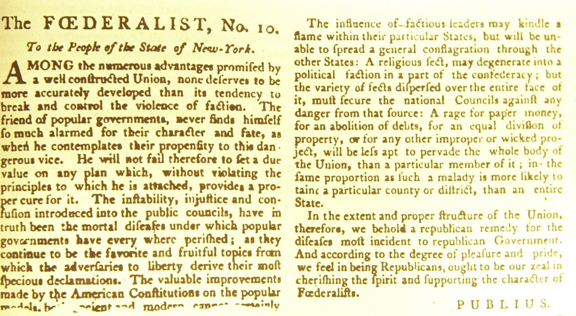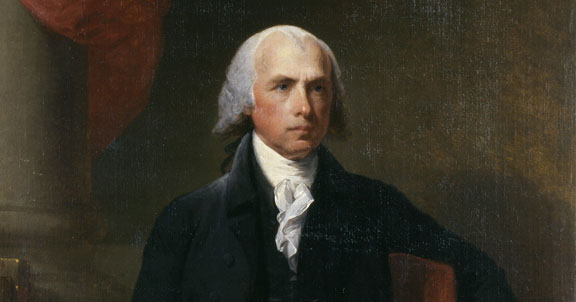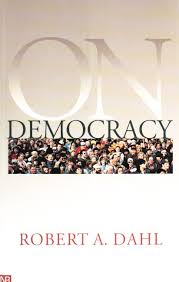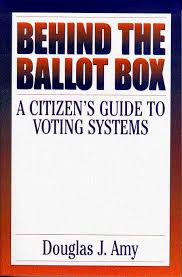A wealth of information has been presented in this course, all of which has been from modern sources. To conclude the course, here are some select quotes from a historical document central to our American history as well as the current state of American affairs. The Federalist Papers, written collectively by James Madison, Alexander Hamilton, and John Jay but all signed under the pen-name “Publius,” were created to generate support for the ratification of the Constitution amongst New York voters. Federalist No. 10 was penned by James Madison alone.
Federalist Paper No. 10
By James Madison (Source)
“To the People of the State of New York:
AMONG the numerous advantages promised by a well-constructed Union, none deserves to be more accurately developed than its tendency to break and control the violence of faction.”
…
“By a faction, I understand a number of citizens, whether amounting to a majority or a minority of the whole, who are united and actuated by some common impulse of passion, or of interest, adversed to the rights of other citizens, or to the permanent and aggregate interests of the community.
There are two methods of curing the mischiefs of faction: the one, by removing its causes; the other, by controlling its effects.
There are again two methods of removing the causes of faction: the one, by destroying the liberty which is essential to its existence; the other, by giving to every citizen the same opinions, the same passions, and the same interests.
It could never be more truly said than of the first remedy, that it was worse than the disease. Liberty is to faction what air is to fire, an aliment without which it instantly expires. But it could not be less folly to abolish liberty, which is essential to political life, because it nourishes faction, than it would be to wish the annihilation of air, which is essential to animal life, because it imparts to fire its destructive agency.
The second expedient is as impracticable as the first would be unwise. As long as the reason of man continues fallible, and he is at liberty to exercise it, different opinions will be formed. As long as the connection subsists between his reason and his self-love, his opinions and his passions will have a reciprocal influence on each other; and the former will be objects to which the latter will attach themselves.”
…
“The inference to which we are brought is, that the causes of faction cannot be removed, and that relief is only to be sought in the means of controlling its effects.”
Publius
James Madison
—
Madison asserts in these famous lines that the existence of factions must be embraced if we are to have a country where liberty and free will are to exist. Rather than abolish factions, according to Madison, we must control their effects. This idea is the essence of this course. There are many factions in contemporary America–interest groups, political parties, PACs and Super PACs, unions, and even economic classes. Each of these factions have varying degrees of power – some more than others.
But if you conclude that your individual vote does not really matter, does this change your future actions? Should it? Perhaps looking at this issue through a purely logical lens does not allow you to have the whole picture in focus. Some, for example, argue that citizens should vote because it is a central and necessary component of democracy – an ideal called “civic duty.” Accepting but looking past statistics and data, a subscriber to the civic duty ideology would argue that a citizen should vote regardless the impact, or lack thereof, of their individual ballot.
Now take some time to reflect on these issues: How much political power should each faction with our country possess? How much power should individuals be able to exercise? And then decide: Does your vote matter?










